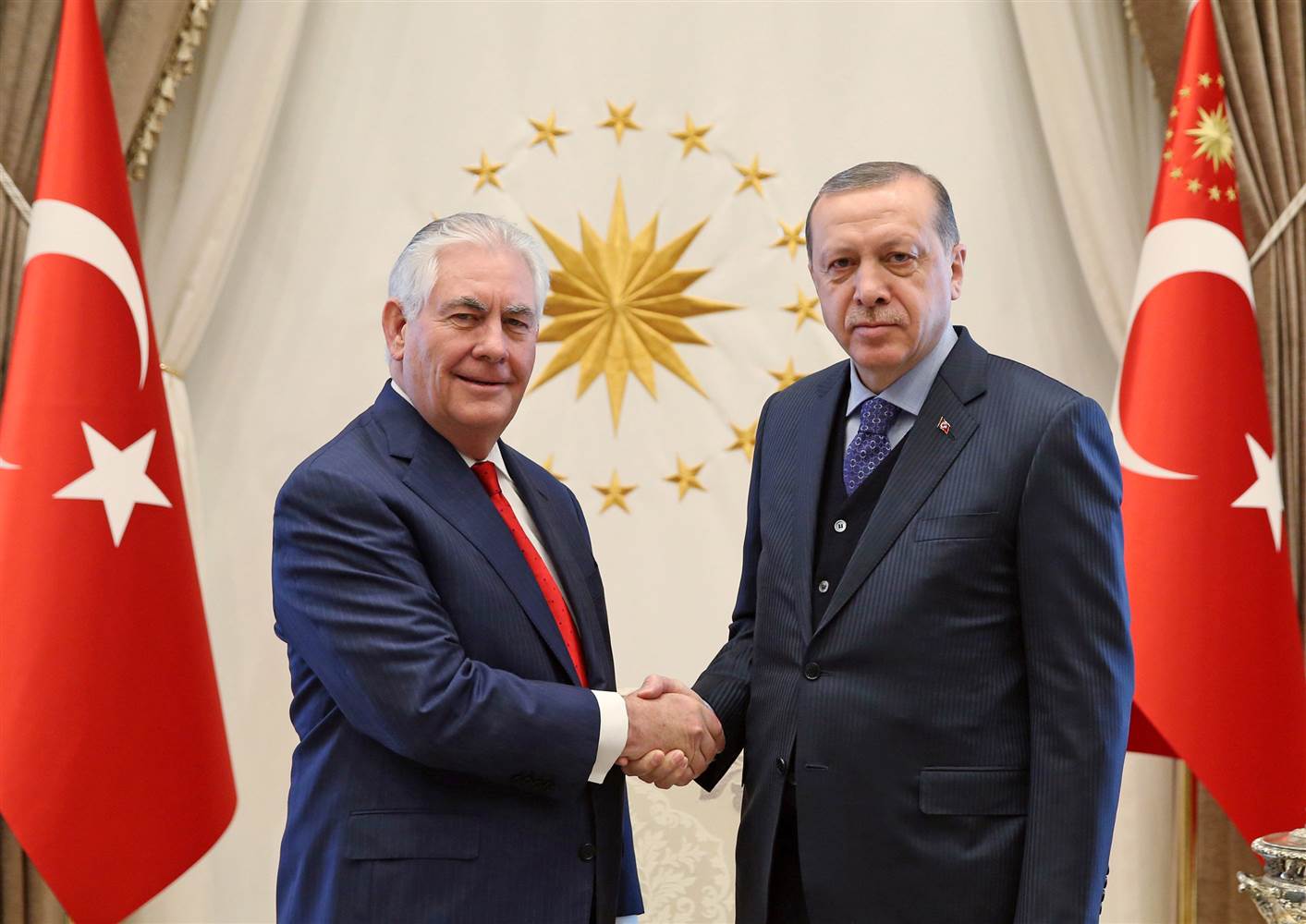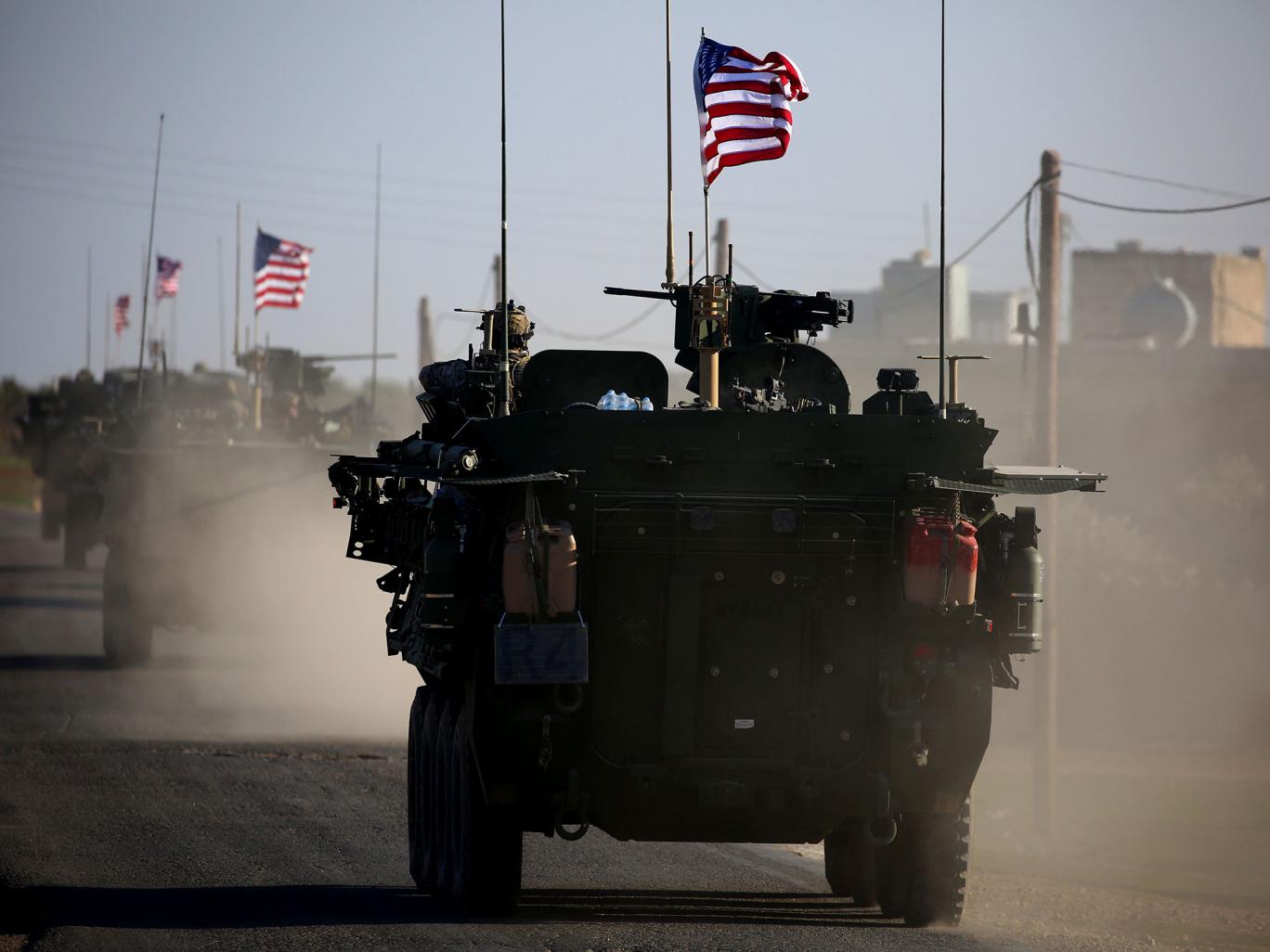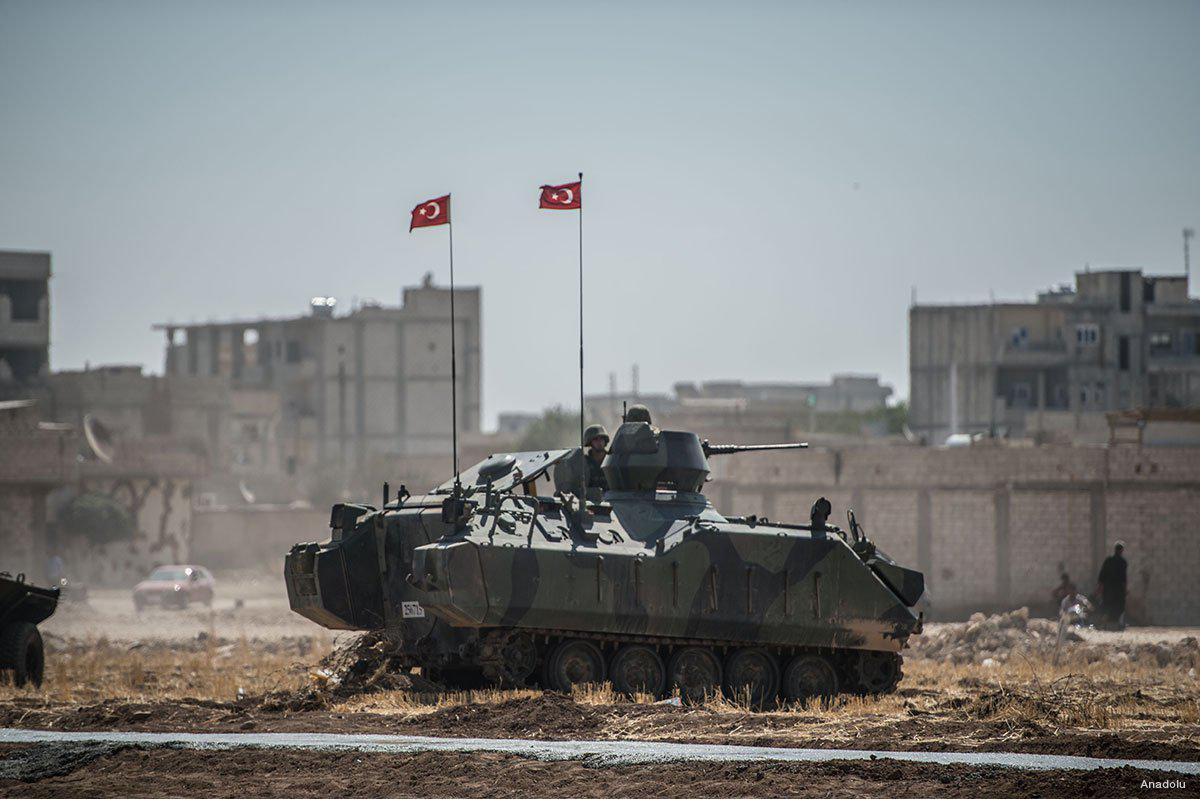Turkey’s Raqqa Dilemma
Turkey’s Syrian policy has undergone several shifts since late 2010 when the first popular revolts occurred against the regime of Bashar al-Assad. From the early stages of the crisis until the break with the Assad government in mid-2011, Ankara exerted great diplomatic effort to convince Damascus to introduce democratic reforms in favour of the opposition. However, Ankara’s attempts remained fruitless.
After cutting off relations with Assad, Turkey openly supported the Syrian opposition both politically and logistically. Ankara’s isolation on Syria emerged with its regime change stance and Washington’s rejection of its no-fly zone proposal. Russia’s addition to the equation and the divergence between Ankara and Washington significantly impacted Turkey’s Syria policy. The anticipated operation on Raqqa has now thrown another wrench into the works.
International Impasse
Turkish policy in Syria has reached an impasse. Conventional and hybrid tactical moves taken by local actors, the US and Russia have reduced Turkey’s elbow room. The international impasse presents serious obstacles to the forthcoming operation to liberate Raqqa from ISIS. Turkey’s calculations regarding the anticipated operation on Raqqa are at odds with those of the US and Russia, preventing Turkey from taking further steps.

Secretary of State Rex Tillerson shakes hands with Turkish President Recep Tayyip Erdogan in Ankara on Thursday
Amid debates about the nature and scope of the Raqqa offensive, Ankara’s priorities are built around three interconnected concerns. The first is Ankara’s broader geopolitical priorities. Although American and Russian calculations are made primarily in view of the attack on Raqqa, the latest remarks by Turkish officials, including President Erdogan, indicate that Turkey’s immediate military objective is to advance towards Manbij, west of Raqqa, where it aims to remove the US-supported Kurdish People’s Protection Units (YPG).
The modus operandi of the Raqqa operation is an important second concern for Ankara. Turkey insists that the operation’s main logistic support be given to Arab—not Kurdish—forces and to the Free Syrian Army in particular.
Finally, Turkey’s plans for a post-operation northern Syria include the formation of a long-called-for safe haven and no-fly zone, despite the absence of support from either the US or Russia. Such an attempt would require the removal of Kurdish forces to the east of the Euphrates river.
These concerns point to a common denominator: the Kurds. A favourable resolution requires dealing with the Kurdish reality on the ground.
Playing the Kurdish card
The unchanging factor in Turkey’s Syria policy is the rejection of any moves that would strengthen the YPG, which is regarded by the Turkish government as an affiliate of the terrorist Kurdistan Workers’ Party (PKK). However, the US and Russia have hobbled Turkey’s options. Recent developments on the ground show that Turkey’s concerns about the operation are at odds with current plans by the US and Russia, who have existing ties to the YPG.
Enter Operation Euphrates Shield, with which Ankara proposed to move all the way to Manbij to seize control from the Kurdish-led Syrian Democratic Forces (SDF) and push them back east of the river. The US has stonewalled any moves by Ankara, warning both sides not to cross the Sajur river and attempting to prevent further Turkish strikes. Despite the recent Russo-Turkish rapprochement, Russia frowns on moves against the SDF and is setting up a military observation zone in Kurdish-led Afrin.

A convoy of US forces vehicles drives near the village of Yalanli, on the outskirts of the northern Syrian city of Manbij on 5 March, Getty
Notwithstanding Ankara’s objections, Kurdish forces on the ground remain the main receiver of American support. The US stance toward the Kurdish forces is unchanged under President Trump and constitutes the main challenge to Turkey’s plans for Raqqa. It now seems that the US, with Russian approval, is prepared to allow the YPG to take part in the operation as the main ground forces. Such a measure implies further logistic support to the YPG, which absolutely weighs against Turkish interests.
Aside from converging interests on the operation in Raqqa itself, American and Russian reservations prove their plans for a liberated Raqqa would not satisfy Turkey’s geopolitical calculus. Indeed, the US has never supported Turkey’s no-fly zone and safe haven proposals in northern Syria. Ankara continues to insist on this option, believing it would also stem refugee flows.
Although not explicitly declared, both the US and Russia seem to have embraced the idea of a Syrian Kurdish autonomous region in northern Syria, at least in de facto terms. Certainly, an autonomous, pro-Russian and American Kurdish zone in northern Syria would be to their advantage. Such an attitude signals their ideas for the future government of Syria: a decentralized federal government like Iraq’s, where they can easily diffuse their power through local partners and their autonomous territories in the country. In this scenario, the Kurds are the viable local partner compared with other local actors in Syria such as the jihadist and Sunni and Shia factions.
Uncertainties regarding a possible Syrian settlement have pushed all actors, including Turkey, to consider plans A, B and even C to sort out the quagmire. Here it must be remembered that compared to the US and Russia, Turkey is the country most directly concerned by the developments in the post-Raqqa era and a possible Syrian peace resolution in the future.
Beyond Raqqa
Compromise among the US, Russia and Turkey on the Raqqa operation and its aftermath will be extremely complicated. Turkey’s quandary is the fact that if liberated from IS with the help of the SDF, Raqqa is expected to join the Kurdish decentralised Rojava autonomous region in northern Syria. Such a move would represent the PYD-YPG’s next step in increasing their territorial expansion on the lands captured from ISIS.
The deepening geopolitical and military divide between Ankara and Washington and Moscow will leave Turkey with fewer options. It has already prompted Ankara to announce an end to Euphrates Shield. If the Turkish-led Free Syrian Army (FSA) forces are blocked in Al-Bab and not allowed to advance toward Manbij or Raqqa, it is more likely that Turkey will be excluded from post-Raqqa scenarios dictated by the US and Russia.
Indeed, American and Russian motives may include the desire to prevent conflict between the SDF and the Turkish-backed FSA and to delineate different zones of influence in Syria.
Turkey today has few cards available in the shifting Syrian picture, making Ankara more cautious about and yet dependent on its two allies on the ground. Together these could indicate the beginning of a retreat for Turkey from the Syrian quagmire.
This article was originally published on Australian Outlook. Read the original article.

This article is published under a Creative Commons Attribution-NonCommercial 4.0 International licence.

